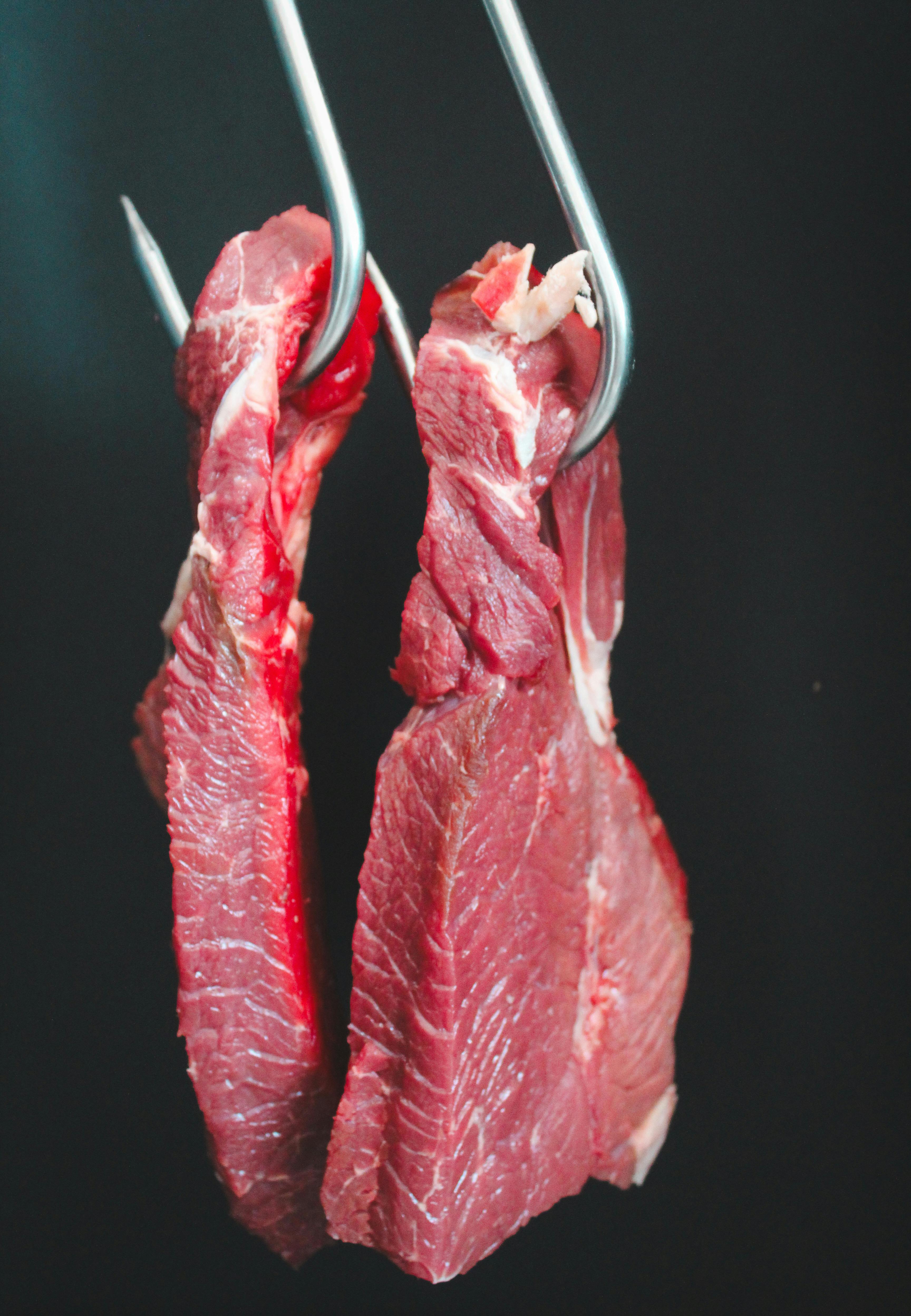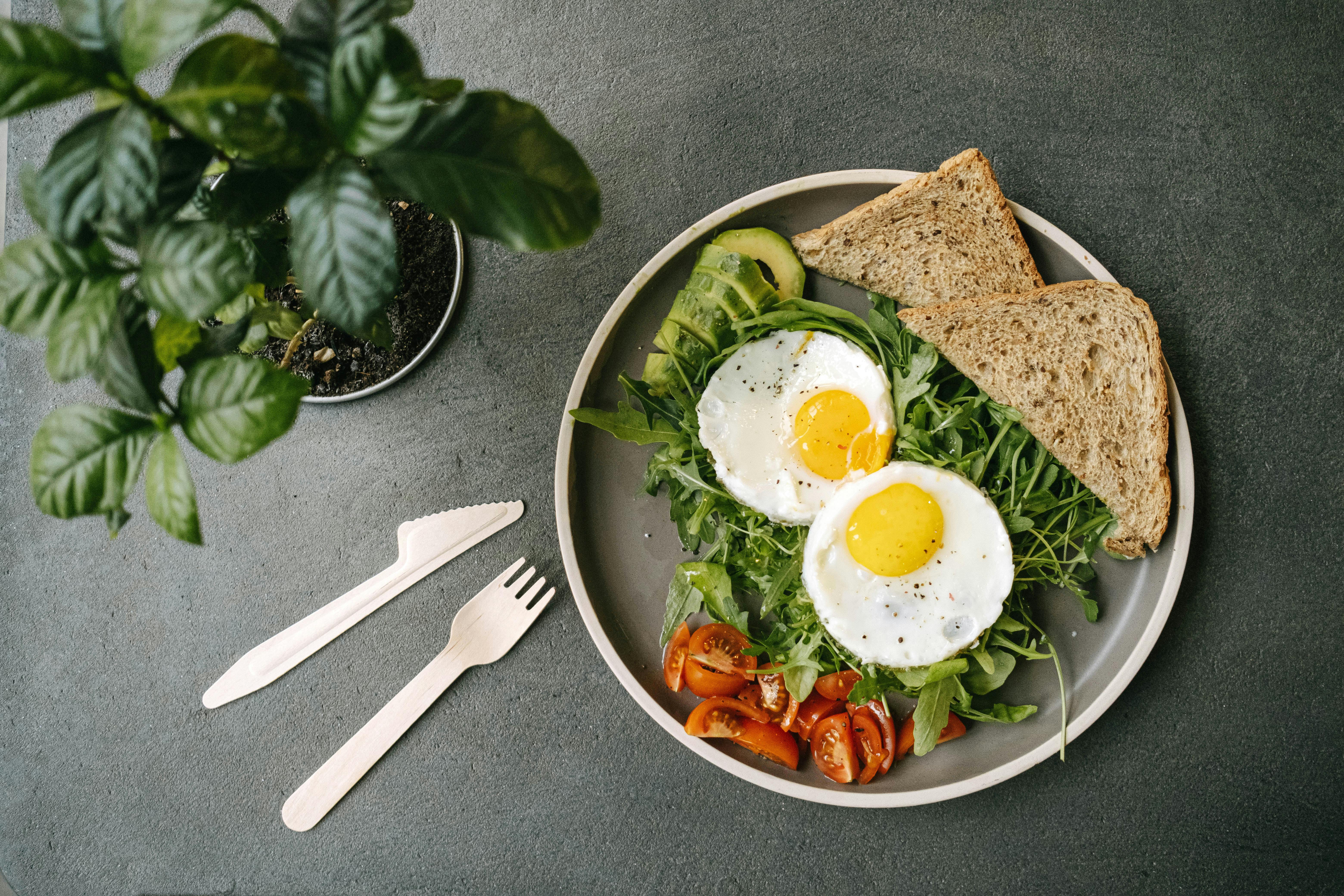
Practical Guide to German Shepherd Diet for Optimal Health
The diet of your German Shepherd plays a crucial role in their overall health, happiness, and longevity. Selecting the right food for German Shepherds involves understanding their unique nutritional needs throughout various life stages. This practical guide breaks down essential aspects of feeding your canine companion, ensuring you're well-informed to provide the best nutrition possible.
Understanding the duality of choices—homemade meals versus commercial options—helps shape how you cater to your pet's dietary needs. We will explore the best dog food brands for German Shepherds, the benefits of a protein-rich diet, managing food allergies, and tips for feeding both puppies and adult dogs.
By the end of this article, expect clear recommendations for nutrition, delicious homemade recipes that even picky eaters will love, and expert advice on tackling common diet-related issues your German Shepherd might face.
So let's dive into the essentials of a German Shepherd diet that promotes optimal health!
Key Components of a German Shepherd Diet
To create a balanced diet for your German Shepherd, you need to understand their unique nutritional composition. A proper German Shepherd diet typically consists of four primary components: proteins, fats, carbohydrates, and essential vitamins and minerals. Each of these elements plays a vital role in your dog's health.
Understanding Protein Sources for German Shepherds
Protein is a fundamental building block of your German Shepherd's diet, necessary for muscle development and repair. Good protein sources include lean meats such as chicken, beef, and turkey, as well as fish. A high-quality dog food for German Shepherds should list a specific meat as the first ingredient.
It’s important for owners to note that not all protein sources are created equal. Animal proteins typically provide more bioavailable amino acids compared to plant-based proteins. Therefore, always opt for high-quality commercial diets or homemade meals that prioritize animal-derived proteins.
Fats in Dog Food for German Shepherds
Fats are another essential part of a German Shepherd's diet, providing concentrated energy and aiding the absorption of fat-soluble vitamins. Healthy fats, such as omega-3 and omega-6 fatty acids, contribute to a glossy coat and healthy skin. Sources of good fats include fish oil, flaxseed, and chicken fat.
Including appropriate levels of fat in German Shepherd meals is crucial, as low-fat diets can lead to various skin issues and a decrease in energy levels. It's essential to choose a premium dog food for German Shepherds that contains adequate levels of healthy fats.
Carbohydrates and Their Importance
While protein and fats are crucial, carbohydrates also play a role, providing energy. Including whole grains like brown rice, oats, or peas in your German Shepherd's diet can offer necessary energy while ensuring fiber for proper digestion. That said, some dogs may have grain sensitivities, in which case a grain-free German Shepherd food could be beneficial.
Avoid overloading your German Shepherd's diet with carbohydrates, as excessive intake can lead to weight gain. Always prioritize quality over quantity and monitor your dog’s response to different carbohydrate sources.
Feeding Guidelines for German Shepherd Puppies and Adults
Transitioning your German Shepherd from a puppy to an adult can be complex, particularly regarding their dietary needs. Puppies require a specialized diet rich in nutrients to support their growth, whereas adult German Shepherds have very different requirements.
Feeding German Shepherd Puppies: Special Considerations
When feeding German Shepherd puppies, it's essential to choose a dog food that caters to their specific growth needs. Puppy formulations typically contain higher protein and fat levels than adult formulas. Additionally, feeding frequency is vital; puppies should eat smaller meals 3-4 times a day to support metabolic needs.
For a balanced diet, incorporate homemade meals into their feeding regimen. Try including lean meats, vegetables, and whole grains, following proper puppy feeding guidelines to ensure they receive all the necessary nutrients without overfeeding.
Adult German Shepherd Diet: Maintenance and Health
By the time your German Shepherd reaches adulthood, their diet should focus on maintaining a healthy weight and preventing conditions like obesity. Adult dogs generally do well with two meals a day, consisting of high-quality commercial diets or homemade meals tailored to their nutritional needs.
Monitor serving sizes for German Shepherds based on their activity level and age. This is crucial because overfeeding can lead to obesity—a common problem in large breeds. Adjust your dog’s food portions based on regular weigh-ins and consultations with your veterinarian.
Special Dietary Needs for Senior German Shepherds
As your German Shepherd ages, their nutritional requirements change again. Senior dogs may require diets lower in calories but higher in fiber to support digestion and maintain a healthy weight. They may also benefit from diets enriched with joint-supporting supplements such as glucosamine and omega fatty acids.
Transitioning to a senior-specific dog food for German Shepherds is often recommended to help manage weight and cater to their decreasing energy levels.
Homemade Diet Options for German Shepherds
Homemade German Shepherd meals can provide immense benefits for pet owners wanting complete control over their dog's nutrition. However, careful planning is crucial to ensure that these meals meet all dietary needs.
Creating Balanced Homemade Meals
When preparing homemade meals, include a mix of proteins, healthy fats, and carbohydrates along with necessary vitamins and minerals. Common ingredients can include chicken, beef, carrots, and sweet potatoes. Remember to avoid toxic ingredients like onions and chocolate, which can harm your dog.
Consult with a veterinarian or a pet nutritionist to formulate a balanced homemade dog food recipe suitable for your German Shepherd’s specific age and health considerations.
Best Practices for Homemade Treats
Homemade dog treats for German Shepherds are not only healthy but can also serve as a great bonding activity. Simple recipes can utilize ingredients like pumpkin, oats, and peanut butter, all of which can add nutritional value to your dog’s diet. Just ensure treats are given in moderation to prevent calorie overload.
Common Mistakes When Preparing Homemade Meals
While homemade diets can be beneficial, some common mistakes include failing to consult a veterinarian, which can lead to nutritional imbalances. Always ensure your recipes are vetted for specific dietary requirements. Over-relying on any single ingredient can also lead to deficiencies; hence, variety is key!
Addressing Common German Shepherd Diet Myths
Despite the wealth of information available, many myths about German Shepherd diets persist, leading owners to make questionable decisions regarding their pets' nutrition.
Commercial vs. Homemade Diets: What’s Best?
The ongoing debate about commercial versus homemade diets has many opinions and misconceptions. In reality, reputable commercial dog foods are formulated to meet the guidelines set by nutrition experts, providing convenience and consistent nutrients. However, homemade diets can offer freshness and ingredient control.
Ultimately, it can be beneficial to combine both approaches, using quality commercial food supplemented with homemade meals to enhance flavor and nutrients.
Debunking Common Misconceptions
Another myth centers around the idea that all dogs need grains, which isn’t true for every dog breed, particularly those with sensitivities. Similarly, some owners believe that a raw diet alone is sufficient for dogs, overlooking the need for balance and nutritional variety.
Incorporating various foods allows for providing a diverse and appealing diet for your German Shepherd, ensuring comprehensive nutritional coverage.

Special Dietary Needs and Health Considerations
German Shepherds may face specific health issues that influence their dietary requirements. Understanding these health issues and dietary adjustments can significantly improve your dog’s quality of life.
Managing Weight Control and Obesity
Weight control is critical in preventing various health issues. Regular exercise combined with a balanced diet helps maintain optimal weight. Understanding your German Shepherd’s calorie requirements based on age and activity level is vital for effective weight management.
Implementing strategies like meal prep or rotating different protein sources can engage your pet and make meals intriguing while keeping their weight in check.
Dealing with Food Allergies in German Shepherds
Many German Shepherds experience food allergies, leading to unfortunate reactions and complications. Monitoring your dog's reactions to new foods and conducting allergy testing can be instrumental in pinpointing problematic ingredients.
Once allergens are identified, substituting with high-quality, hypoallergenic dog food can alleviate symptoms while ensuring your pet still receives all necessary nutrition.
Including Supplements for Optimal Well-being
Dietary supplements can play a crucial role in a German Shepherd's overall health. Vitamins, minerals, and probiotics can enhance digestion, provide joint support, and improve skin health. Always consult with your veterinarian regarding what supplements could be beneficial based on their specific needs.
Conclusion: Optimal Nutrition for Your German Shepherd
Understanding your German Shepherd's dietary needs is fundamental for their health and longevity. By balancing protein, fats, carbohydrates, vitamins, and minerals, you can ensure your furry friend thrives at every stage of life.
Whether you choose to feed a commercial diet or opt for homemade meals, it's vital to keep their health issues, weight management, and specific nutrients in mind. Regular consultations with a veterinarian can further facilitate achieving optimal diet choices tailored to your companion’s unique requirements.
With attention to detail and a commitment to quality, you can foster a healthy and happy life for your German Shepherd, ensuring they remain energetic companions for years to come.
